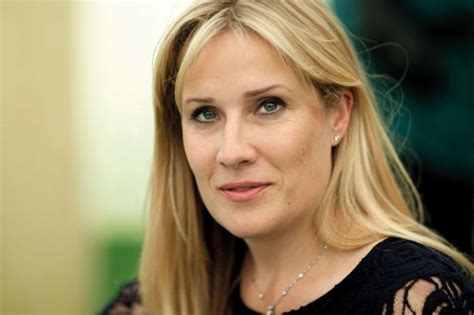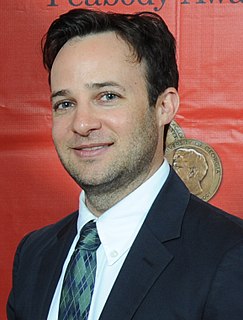A Quote by William Julius Wilson
I don't think we should stop emphasizing race because I think, you know, race is still very, very important, and we have to recognize that and continue to introduce programs to address racial inequities. But we have to widen our vision and also address the growing problems of economic class.
Related Quotes
I think it is difficult to achieve a meaningful political coalition if you have race-based programs that divide members of the coalition. The problem I have, however, is that white people assume an either/or position: Either we have race-based programs or we don't. What I see is comprehensive social reform that includes race-based and race-neutral programs.
Individuals who have been wronged by unlawful racial discrimination should be made whole; but under our Constitution there can be no such thing as either a creditor or a debtor race. That concept is alien to the Constitution's focus upon the individual. ...To pursue the concept of racial entitlement - even for the most admirable and benign of purposes - is to reinforce and preserve for future mischief the way of thinking that produced race slavery, race privilege and race hatred. In the eyes of government, we are just one race here. It is American.
The backstory to anyone of mixed race is a lifetime spent being incorrectly perceived and choosing either to allow that misperception to continue or to correct it, so I am aware of identity and race as being much more fluid, I think, than someone who is "purely" one thing or the other. And acting does challenge me to address those particular issues.
I do think that the idea of writer's block can be very self-defeating for most writers because it's taking a lot of things that are not only real problems, but that are manageable, solvable problems if you look at them in an individual fashion, and lumping them under the umbrella of something mysterious and vague, which makes it very, very difficult to address what's going on.
I still think that we have a hesitance to talk about things racial. And I think we do it at our detriment. We go from incident to incident, and we have spikes in which race becomes something that we talk about, as opposed to talking about race in those less contentious times when I think we might make more progress.
I think it's important for us to recognize that although historically black communities have been very progressive with respect to issues of race and with respect to struggles for racial equality, that does not necessarily translate into progressive positions on gender issues, progressive positions on issues of sexuality and in the latter 1990s we have to recognize the intersectionality, the interconnectedness of all of these institutions and attitudes.
I think there's a lot of shame in American race relations. There's a lot of suppressed guilt that lashes itself out still. I see that all the time, and whereas opposed to sort of trying to address the issue in an up-front way, they're attacking and thus perpetuating the problem thinking that they're being sophisticated and post-racial, when, in fact, they're being completely regressive.
Effective public policy to address human trafficking cannot only address offender accountability and increase prosecution, but must also address root causes of the issue as well as enhance safety, services, and dignity for victims. It must also provide education and awareness to those who can stop this crime in its tracks.




































